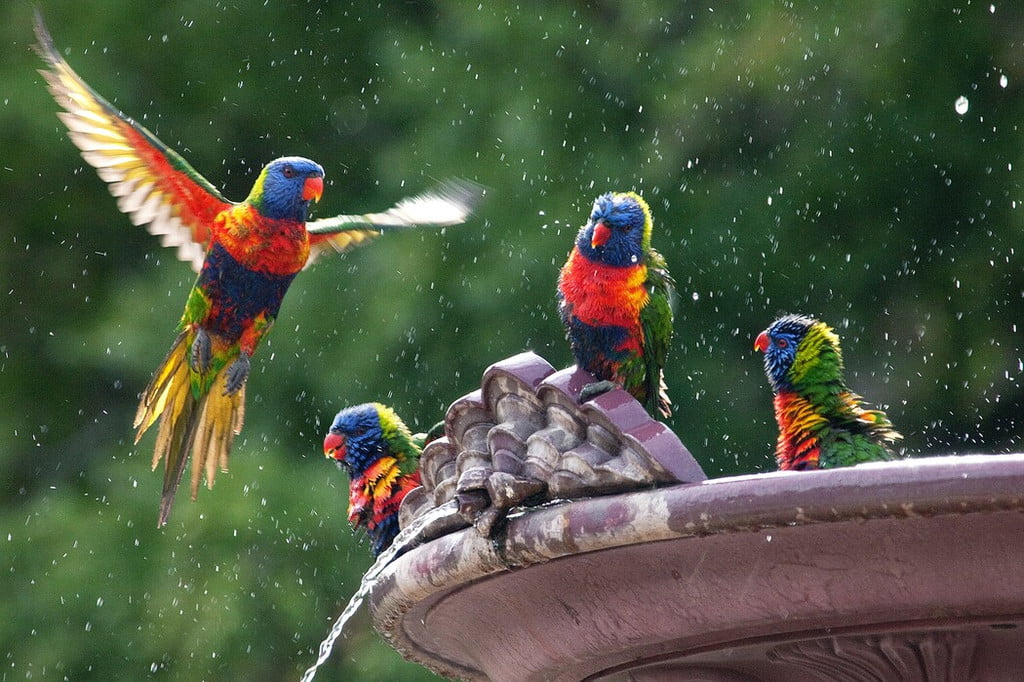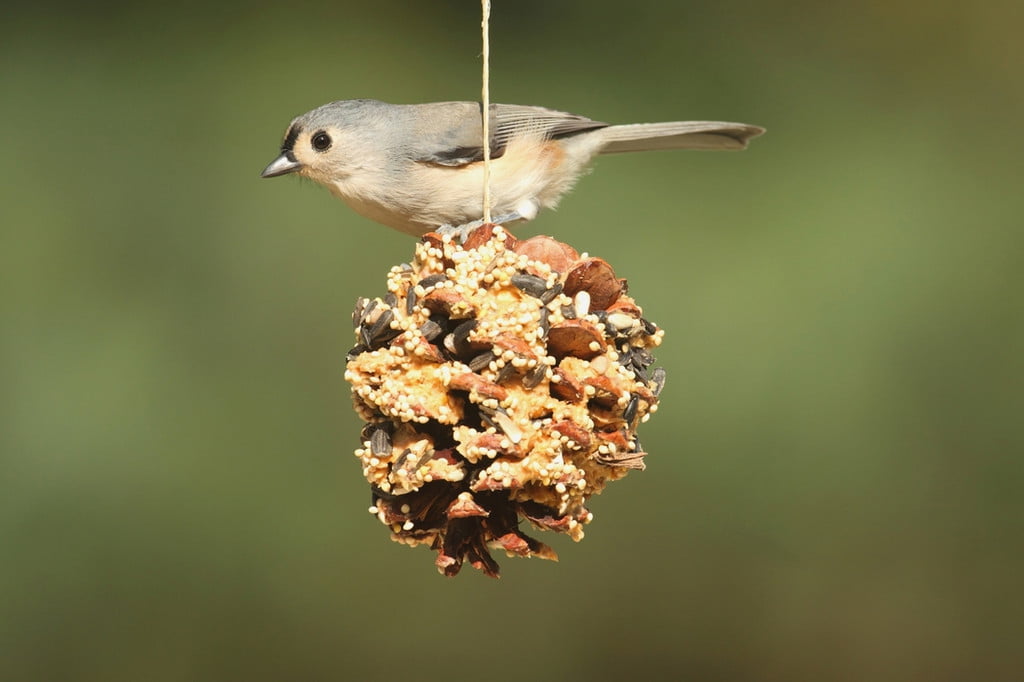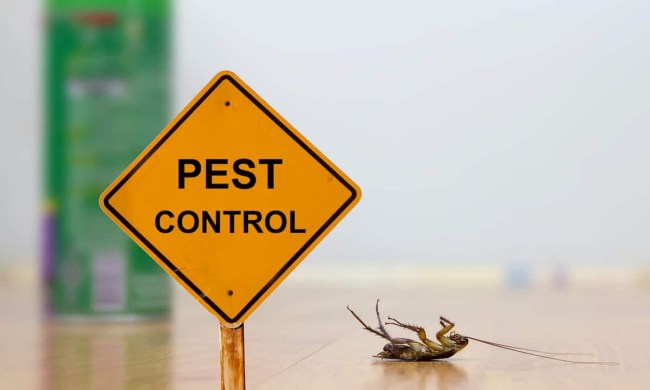Birds are beautiful and majestic creatures that are commonly welcomed in our backyards. We invite them onto our property and entice them with birdfeeders and birdbaths so we can catch a glimpse of their breathtaking beauty. Birds can, however, become a nuisance quickly. When they nest in an inopportune place, eat and destroy crops or landscapes, or even start to infest an area on your property, that’s when their status moves from enjoyable visitor to annoying pest. Pest control for birds can be a bit tricky since many birds are protected species, and it is illegal to kill or relocate them. We’re going to help you navigate the solutions to your bird pest problem here today.

The negative effects of bird problems
While they’re relatively harmless in small numbers and are even beneficial in areas like insect control, a growing concentration of birds in one area on your property can pose some pretty serious problems.
Property damage
Since birds nest in high, sheltered areas, a common issue is that they start to create nests in your outdoor vents, sheds, chimneys, or garage. They attract more birds when they nest, and since their nests contain organic matter, they can attract insects and other pests. This can cause costly damage to your property due to mold as well as infestations.
Certain types of birds also cause specific kinds of damage. For example, woodpeckers can damage the outside of your building as they peck to find food and attract mates.
Sanitation and disease
Birds themselves carry a number of parasites and bacteria on their feet and feathers. It’s not uncommon for them to carry lice, fleas, and ticks on their pretty little feathers. Even more so, however, their droppings carry a significant number of diseases. With large numbers of birds come large amounts of bird droppings, so a concentration of birds on your property could be a hot spot that might expose you and your family to health risks.

DIY bird repellants
The trick to repelling birds and preventing their presence is to make your property an undesirable location for them. Birds look for hidden and out of reach locations near a food source to build their nests, and certain conditions can deter them.
Birds avoid predators
The list of birds’ predators is a long one, including cats, dogs, and even larger carnivorous birds. If you have dogs and cats as pets, taking them outside for extended periods of time may be enough to scare the birds away.
You can also purchase figurines or statues in the shape of predators and set them up in places that the birds are nesting. The presence of the shape alone tends to deter them.
Birds are repelled by certain food ingredients
You can create a natural bird repelling spray by infusing dried, crushed peppers with water and vinegar. Spray the infusion around the areas that the birds are congregating, and they will move on to another area.
Bird spikes and shiny things
For some reason, birds dislike shiny objects. Collect tin cans, aluminum foil, or even small mirrors, and place them in areas that the birds seem to be nesting. They will avoid that area and move on.
Bird spikes are another effective method of preventing birds’ presence. You can make the spikes out of tin, plastic, or wire and place them around your property in problem areas. Birds will forego landing in these areas to avoid discomfort.
When should you call the professionals, and who should you call?
If you’ve tried some DIY prevention methods and deterrents without seeing much success, it may be time to call in reinforcements to deal with your bird problem. You can start by calling a local pest control company to get a quote for removal. Pest control companies are familiar with the laws and regulations when dealing with certain types of birds and their removal or relocation.
If pest control cannot assist you for legal or other reasons, you can call your local wildlife control office for advice. Depending on the species of bird and the magnitude of the issue, they may be the best option for safely and legally resolving your bird problem.
A bird problem is certainly no joke. While birds can be pleasant companions in small numbers, an infestation of birds can cause some major issues in and around your home. While animal protection laws limit you in the ways you can rid your property of birds, you’re not helpless yet. Try some DIY repellants to see if they successfully solve your bird woes, and get the professionals involved if you can’t seem to get those birds to go away.



